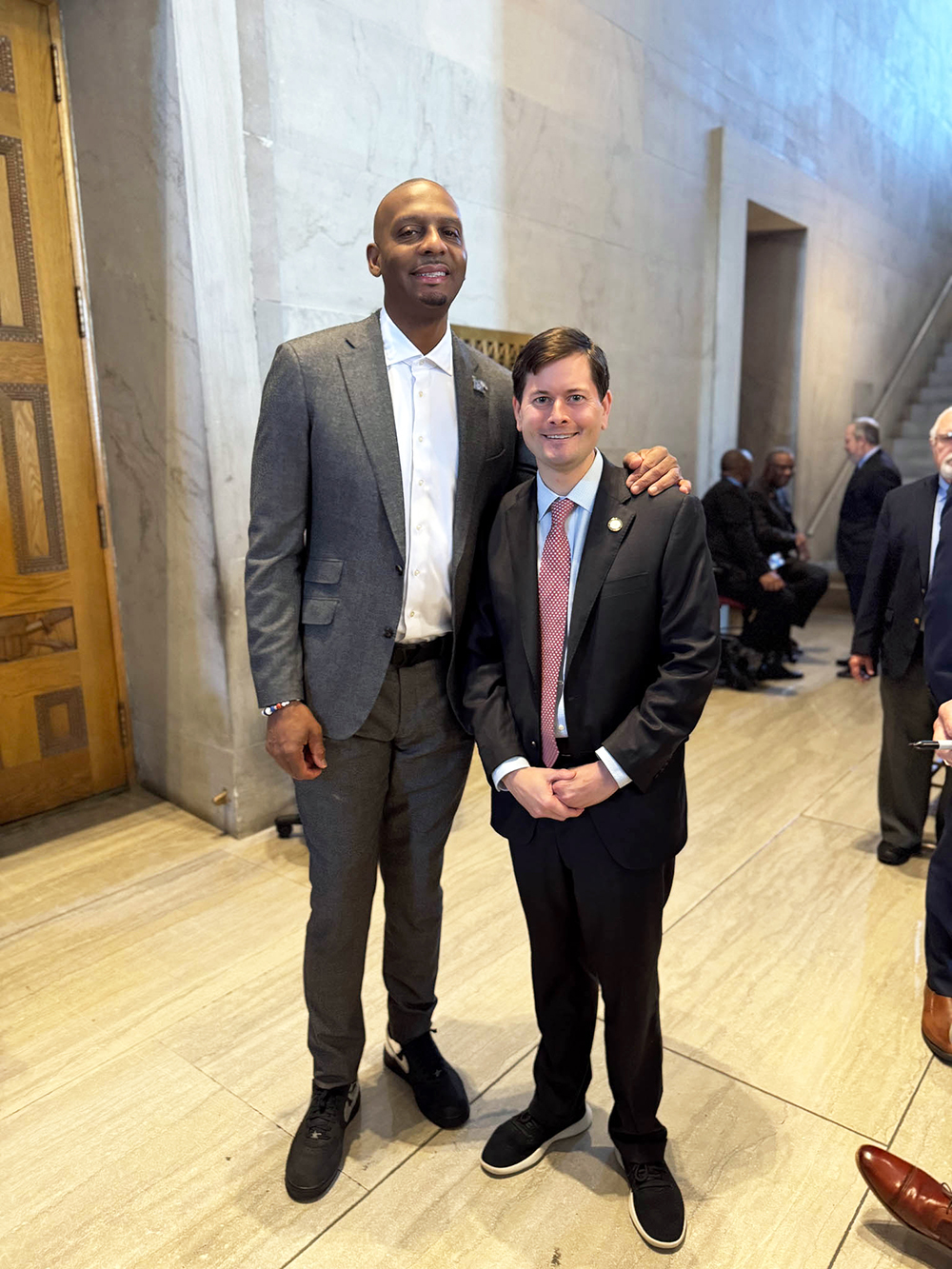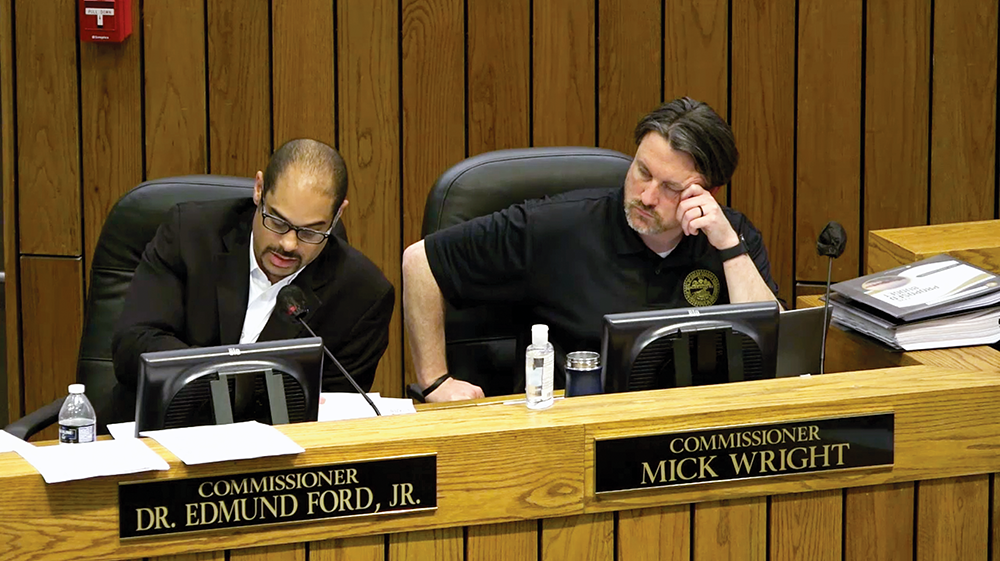ARIES (March 21-April 19): The Hawaiian word pō refers to a primal darkness from which all life flows. It’s not a fearsome void but a fertile mystery, rich with future possibilities and the ancestors’ hopes. In the coming weeks, I invite you to treat your inner life as pō. Be as calm and patient and watchful as an Aries can be as you monitor the inklings that rise up out of the deep shadows. Have faith that the cloudy uncertainty will ultimately evolve into clarity, revealing the precise directions you need.
TAURUS (April 20-May 20): In the 17th century, the Taurus polymath Athanasius Kircher constructed a fantastical machine called the Aeolian harp. It wasn’t designed to be played by human fingers but by the wind. It conjured music with currents invisible to the eye. I nominate this sublime contraption as your power object for the coming weeks, Taurus. The most beautiful and healing melodies may come from positioning yourself so that inspiration can blow through. How might you attune yourself to the arrival of unexpected help and gifts? Set aside any tendency you might have to try too hard. Instead, allow life to sing through you.
GEMINI (May 21-June 20): The painter Vincent van Gogh wrote, “Great things are done by a series of small things brought together.” That’s good advice for you right now. Your ambitions may feel daunting if you imagine them as monumental and monolithic. But if you simply focus on what needs to be done next — the daily efforts, the incremental improvements — you will be as relaxed as you need to be to accomplish wonders. Remember that masterpieces are rarely completed in a jiffy. The cumulative power of steady work is potentially your superpower. Here’s another crucial tip: Use your imagination to have fun as you attend to the details.
CANCER (June 21-July 22): Welcome to a special edition of “What’s My Strongest Yearning?” I’m your host, Rob Brezsny, and I’m delighted you have decided to identify the single desire that motivates you more than any other. Yes, you have many wishes and hopes and dreams, but one is more crucial than all the rest! Right? To begin the exercise, take three deep breaths and allow every knot of tension to dissolve and exit your beautiful body. Then drop down into the primal depths of your miraculous soul and wander around until you detect the shimmering presence of the beloved reason you came here to this planet. Immerse yourself in this glory for as long as you need to. Exult in its mysterious power to give meaning to everything you do. Ask it to nurture you, console you, and inspire you.
LEO (July 23-Aug. 22): In certain medieval maps, unexplored territories were marked with the Latin phrase hic sunt dracones — “here be dragons.” It was a warning and a dare, a declaration that no one knew what lay beyond. In the coming weeks, Leo, you may find yourself traveling into one of those unlabeled regions. Rather than flinching or dodging, I invite you to press forward with respectful curiosity. Some of the so-called dragons will be figments. Others are protectors of treasure and might be receptive to sharing with a bright light like you. Either way, productive adventures are awaiting you in that unmapped territory. Go carefully — but go.
VIRGO (Aug. 23-Sept. 22): In traditional Japanese carpentry, joints are made so skillfully that they need no nails, screws, or adhesives. Carpenters use intricate joinery techniques to connect pieces of wood so tightly that the structures are strong and durable. They often require a mallet for assembly and disassembly. In metaphorical terms, you are capable of that kind of craftsmanship these days, Virgo. I hope you will take advantage of this by building lasting beauty and truth that will serve you well into the future. Don’t rush the joinery. If it’s not working, don’t force it. Re-cut, re-measure, breathe deeply, and try again.
LIBRA (Sept. 23-Oct. 22): Here’s one of my unruly rules about human competence: In every professional field, from physicians to lawyers to psychics to teachers, about 15 percent of all the practitioners are downright mediocre, even deficient. Seventy-five percent are at least satisfactory and sometimes good. And 10 percent of the total are surpassingly excellent, providing an extraordinary service. With this in mind, I’m happy to say that you now have a knack for gravitating toward that exceptional 10 percent in every domain you are drawn to. I predict that your intuition will consistently guide you toward premium sources.
SCORPIO (Oct. 23-Nov. 21): The Japanese concept of shinrin-yoku means “forest bathing.” It invites people to immerse themselves in the natural world, drawing on its restorative power. In accordance with astrological portents, I urge you Scorpios to maximize your forest bathing. To amplify the enrichment further, gravitate toward other environments that nourish your soul’s need for solace and uplift. The naked fact is that you need places and influences that offer you comfort, safety, and tender inspiration. Don’t apologize for making your life a bit less heroic as you tend to your inner world with gentle reverence.
SAGITTARIUS (Nov. 22-Dec. 21): The camera obscura was a precursor to modern cameras. It projected the outside world upside down onto interior walls. Artists loved it because it helped them see reality from new angles. I hereby proclaim that you, Sagittarius, will be like both the artist and the camera obscura lens in the coming weeks. Your perceptions may feel inverted, strange, even disorienting, but that’s a gift! So let unfamiliarity be your muse. Flip your assumptions. Sketch from shadow instead of light. Have faith that the truth isn’t vanishing or hiding; it’s simply appearing in unfamiliar guises. Don’t rush to turn right-side-up things. Relish and learn from the tilt.
CAPRICORN (Dec. 22-Jan. 19): I’m sure you enjoy gazing into some mirrors more than others. It’s amazing how different you might look in your bathroom mirror and the mirror in the restroom at work. Some store windows may reflect an elegant, attractive version of you, while others distort your image. A similar principle is at work in the people with whom you associate. Some seem to accentuate your finest attributes, while others bring out less flattering aspects. I bring this to your attention, dear Capricorn, because I believe it will be extra important in the coming weeks for you to surround yourself with your favorite mirrors.
AQUARIUS (Jan. 20-Feb. 18): Leonardo da Vinci filled thousands of pages with sketches, notes, and experiments. He never finished many of them. He called this compilation his “codex of wonder.” It wasn’t a record of failures. It was an appreciation of his complex process and a way to honor his creative wellspring. Taking a cue from da Vinci’s love of marvelous enigmas, I invite you to be in love with the unfinished in the coming weeks. Make inquisitiveness your default position. Reconsider abandoned ideas. Be a steward of fertile fragments. Some of your best work may arise from revisiting composted dreams or incomplete sketches. Here’s your motto: Magic brews in the margins.
PISCES (Feb. 19-March 20): In the remote Atacama Desert of Chile, certain flowers lie dormant for years, awaiting just the right conditions to burst into blossom in a sudden, riotous explosion of color and vitality. Scientists call it a superbloom. Metaphorically speaking, Pisces, you are on the verge of such a threshold. I’m sure you can already feel the inner ripening as it gathers momentum. Any day now, your full flowering will erupt — softly but dramatically. You won’t need to push. You will simply open. To prepare yourself emotionally, start rehearsing lively shouts of “HALLELUJAH! HOORAY! WHOOPEE!”











